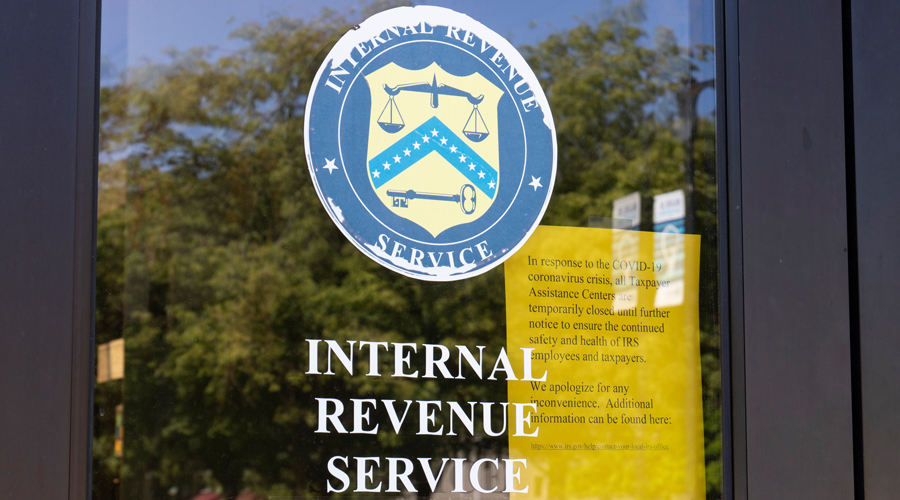To mark Tax Day on July 15, here are five things you may not have known.
1. The federal income tax was introduced during the Civil War. The Revenue Act of 1861 introduced the tax as a means to finance the war. These days, as USA Today noted last year, most tax dollars are used to fund defense, Social Security, Medicare, health programs and social safety net programs such as food stamps and disability payments, along with paying off interest on the national debt.
2. The U.S. tax code is big. Given how much the nation relies on tax revenue, is it any wonder the tax law is lengthy? The tax code — formally known as the Internal Revenue Code of 1986, the nation’s domestic tax law — was almost 10.1 million words long as of the end of 2015, according to the Tax Foundation, a conservative think tank. The code has grown by an average of 144,500 words per year since 1955.
3. Tax Day isn’t a holiday. Tax Day — the day federal income taxes are due — falls on April 15 each year, although the government took the extraordinary step in 2020 of delaying the date by three months due to the coronavirus pandemic. The only other times Tax Day doesn’t fall on April 15 are when that date is a weekend or holiday, which means the day is then the next non-weekend or holiday date.
4. Tax Day isn’t what it used to be. The Postal Service doesn’t break down First-Class Mail by type, so the exact number of tax returns mailed isn’t available from year to year. But as more taxpayers file their returns online, the days of filers rushing to a Post Office to file returns is mostly over. USPS canceled an estimated 62 million pieces of First-Class Mail on April 15 last year, down from the 87 million pieces that were canceled on that date in 2009.
5. The IRS is exceptionally cost-efficient. According to Motley Fool, a financial advice and investing firm, for every $100 the IRS collects, the agency spends just 35 cents. Although the Social Security Administration is regarded as particularly cost-efficient, with an expense rate of 0.7 percent of its revenue, the IRS is actually twice as good when it comes to reining in costs.
